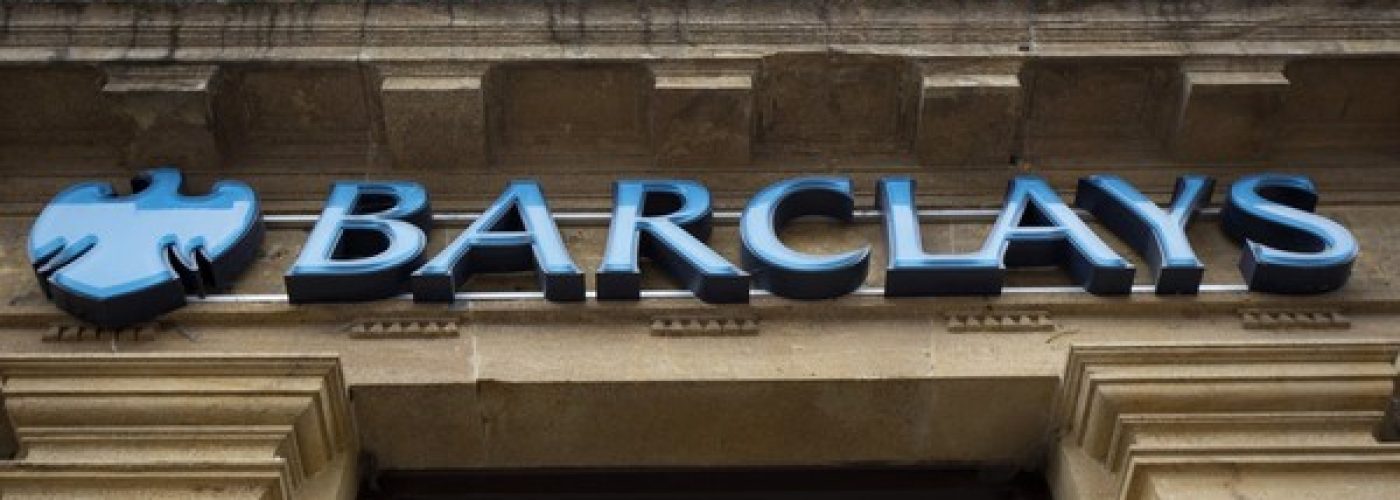 ©Bloomberg
©Bloomberg
Barclays is among the big companies to have cut their dividends
Sterling’s fall against the dollar has sparked a nosedive in company dividends as the Brexit vote takes its toll on UK investment portfolios.
UK dividends dropped 5 per cent year on year in the first quarter, to $16.4bn, largely because of the weakness of the pound, according to data compiled by Henderson Global Investors.
The pound has declined against the dollar this year amid uncertainty over whether Britain will vote to leave the EU on June 23.
Ben Lofthouse, a fund manager at Henderson, said: “The strength of the dollar is a problem for sterling income investors. Growth in dividends is going to be less than inflation.”
Henderson expects UK dividends to fall this year, making it harder for UK income investors to compete with global fund managers that look overseas for dividend returns.
The latest worry comes as a survey last week showed that fund allocations to UK equities have fallen to their lowest levels since November 2008 because of worries about the Brexit vote.
Global asset managers decreased their exposure to the UK stock market by 16 percentage points in May compared with April, according to Bank of America Merrill Lynch.
As well as uncertainty over Brexit, the UK is struggling because of its dependence on mining and financial groups, where there have been some of the biggest dividend cuts.
Miners BHP Billiton, Rio Tinto, Anglo American and Glencore as well as financial services groups such as Barclays and Standard Chartered have all done so.
Rio Tinto and BHP Billiton made particularly savage cuts. Rio jettisoned its longstanding pledge not to make reductions, while BHP slashed its payout by three-quarters, which was much deeper than the City expected.
Other major groups to announce big cuts in the first quarter included industrial aerospace company Rolls-Royce, which reduced its dividend by 50 per cent.
The gloomy outlook for UK dividends contrasts with a more upbeat global picture, where payouts are surging as companies generate cash against a backdrop of recovery in the US and stimulative monetary policies in Europe and Japan.
Henderson said it expected global dividends of $1.18tn in 2016, up 3.9 per cent on a headline basis and up 3.3 per cent on an underlying basis, which excludes special dividends.
Despite the sharp fall in headline dividends in the UK, underlying payouts grew 0.7 per cent in Q1. Henderson said this was a good result, given the number of resource and banking groups that are listed on the FTSE.
Mr Lofthouse said: “It was to be expected that the UK would lag other regions because of its heavy weighting towards the commodity and banking sectors. These cuts will bite deeper later in the year.”
On the positive side, Royal Dutch Shell, having absorbed BG Group, promptly paid a dividend 2.5 times larger than BG had done on the equivalent capital.
This will offset some of the dividend cuts and cement Shell’s position as the largest payer of dividends in the world. This year, it is set to distribute $15bn, one-fifth more than the next largest payer, Exxon.
Copyright The Financial Times Limited 2016. You may share using our article tools.
Please don’t cut articles from FT.com and redistribute by email or post to the web.





